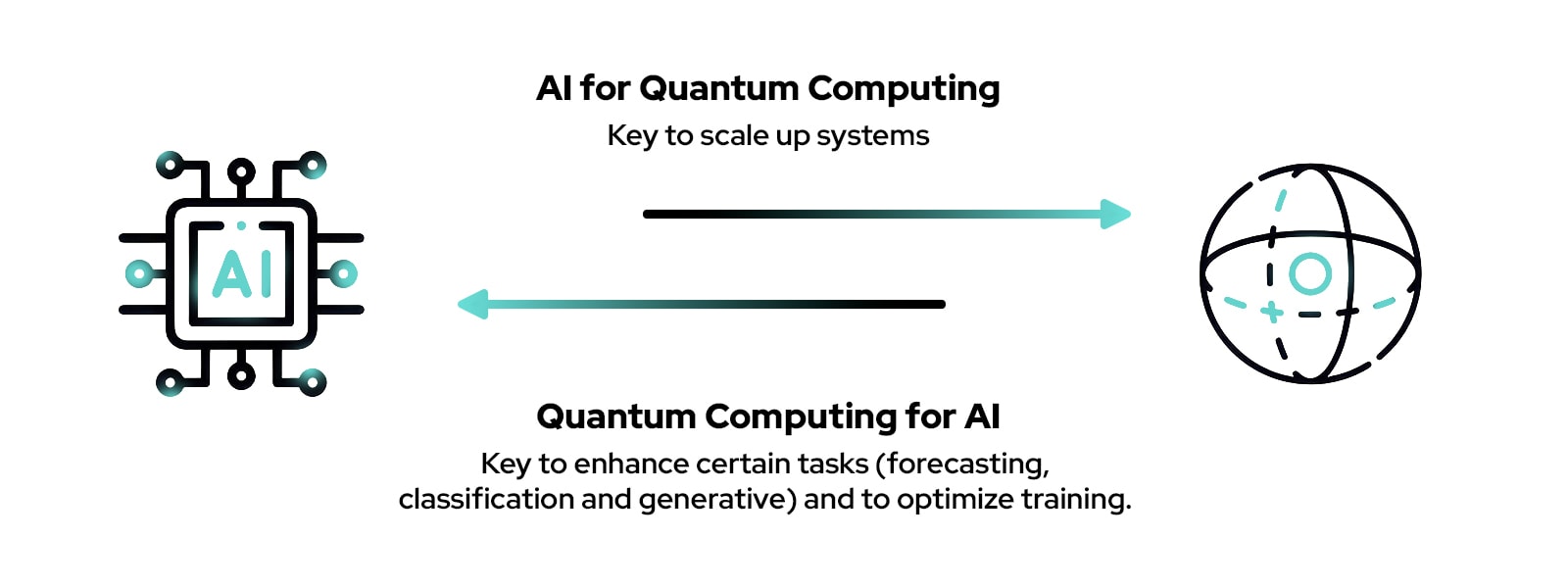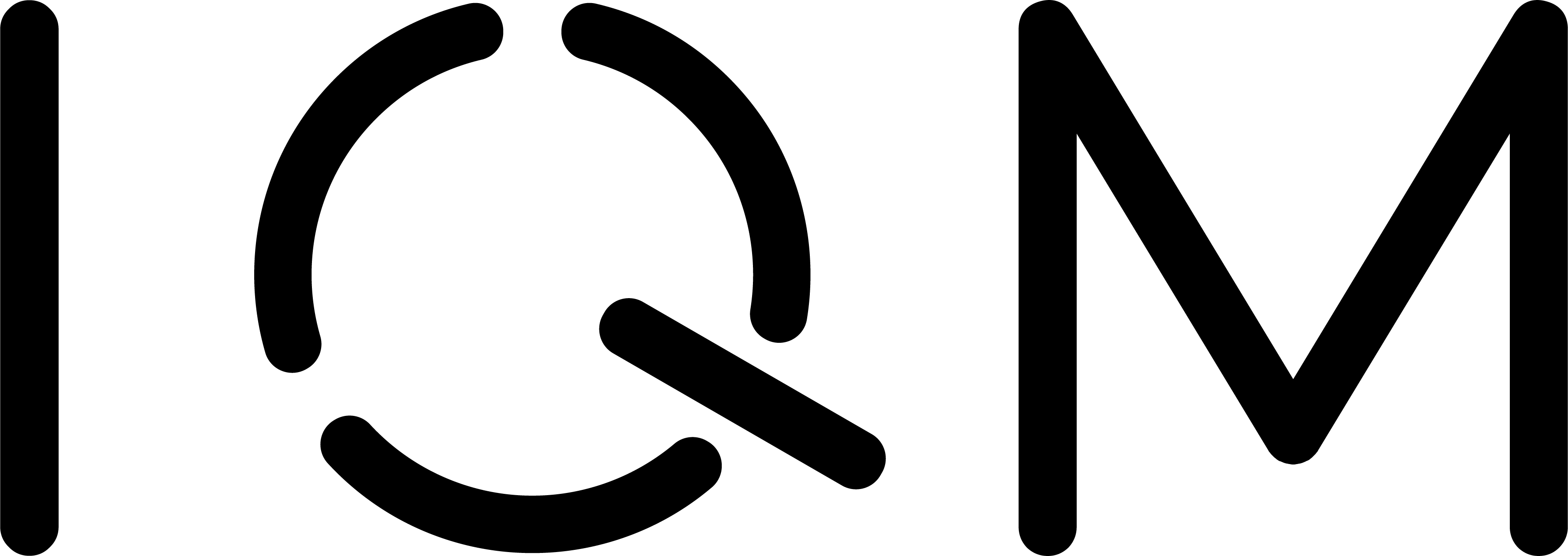Applications & Algorithms
Revolutionizing Problem Solving Through Quantum Computing
What are quantum algorithms & applications?
Algorithms
A quantum algorithm is a set of instructions designed to be run on quantum computers. They harness fundamental principles of quantum mechanics, such as superposition– the ability of quantum bits (qubits) to exist in multiple states simultaneously- and entanglement, a phenomenon where qubits become interconnected so that the state of one instantly influences the state of another, even across distances. These properties enable quantum algorithms to outperform classical algorithms for specific problems, offering faster and more efficient solutions.
Applications
Quantum applications are commercially relevant tasks that quantum computers could efficiently address, particularly problems that are currently challenging or infeasible for classical computers. These applications typically span problems in optimization, simulation, or quantum machine learning. Industries that may benefit significantly from quantum computing include finance, pharmaceuticals and life sciences, logistics and transportation, energy, and defense.
Quantum-enhanced optimization algorithms can dramatically improve resource allocation and decision-making processes. Quantum simulations promise breakthroughs in chemical and materials research, accelerating drug discovery and novel material development. Quantum machine learning offers potential for significant advancements in generative tasks, predictive analytics, and complex data modeling, enhancing capabilities across various sectors.
Algorithms and applications at IQM
Simulation

We are developing early solutions to genuine quantum applications like the simulation of molecules and materials, focusing on time evolution as well as ground state preparation tasks. By 2030 our system’s breakthroughs in drug discovery, catalysts, and carbon capture are anticipated.
Optimization

Quantum computing is also thought to be delivering advantage over classical computing in complex combinatorial optimization tasks. We develop quantum algorithms and investigate their potential for quantum optimization. Towards 2030 and beyond, we will tackle large-scale challenges in logistics, energy grid optimization, and telecom management.
AI & ML
We are building early proof of concepts complementing classical machine learning models while drawing inspiration from random circuit sampling. We plan to scale up these quantum generative machine learning models with increasing level of error resilience. Withing the next 5 or so years, our aim is to enable advancements in bio-data generation, personalized medicine, market dynamics and smart cities.
Roadmap

What can quantum computers be used for?
Real-World Applications
Designed to solve tomorrow's problems today
Healthcare / medicine
personalized medicine, drug discovery, protein folding, DNA recombination
Logistics and supply chain, operations
product portfolio optimization, (power)plant scheduling, train and vehicle scheduling, digital twin modeling
Finance and security
fraud detection, portfolio optimization, future scenario planning
Materials & chemistry
batteries, catalysts, high temperature superconductors
Quantum meets AI at IQM
As we transition from today’s noisy quantum devices to error-corrected systems, we anticipate transformative advances in AI by the end of this decade.
Our vision is a future where AI and quantum computing enhance each other. AI helps stabilize quantum systems through tasks like automatic calibration and error correction and mitigation, while quantum computers unlock new AI capabilities, like faster generative models and quantum-enhanced optimization.

